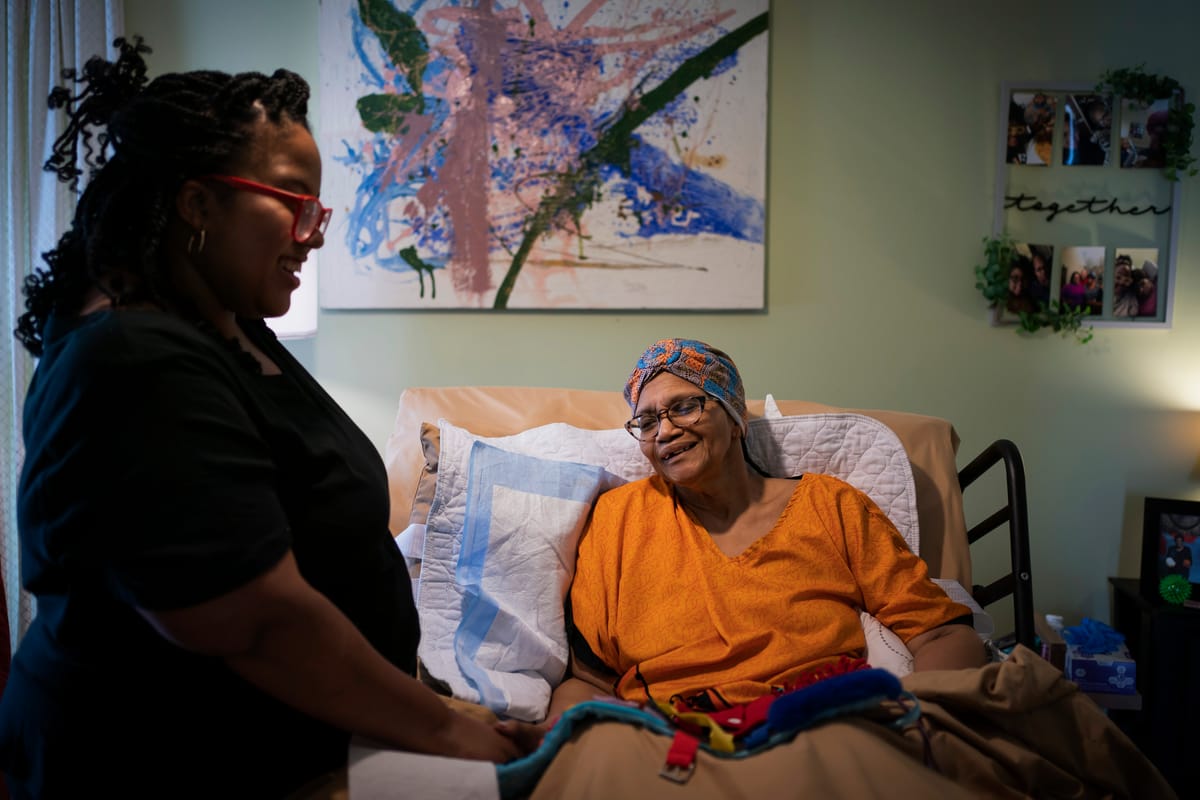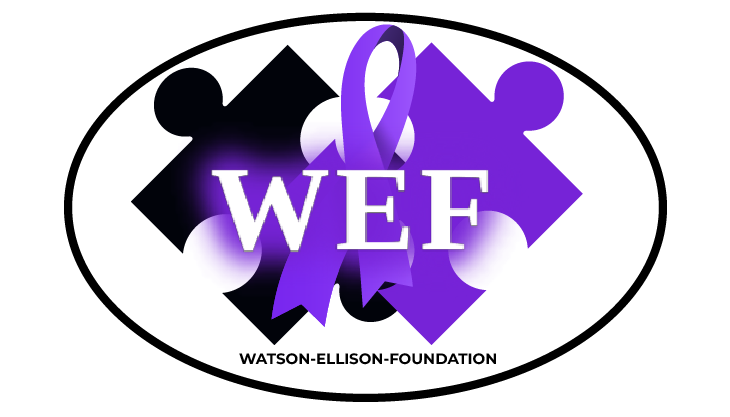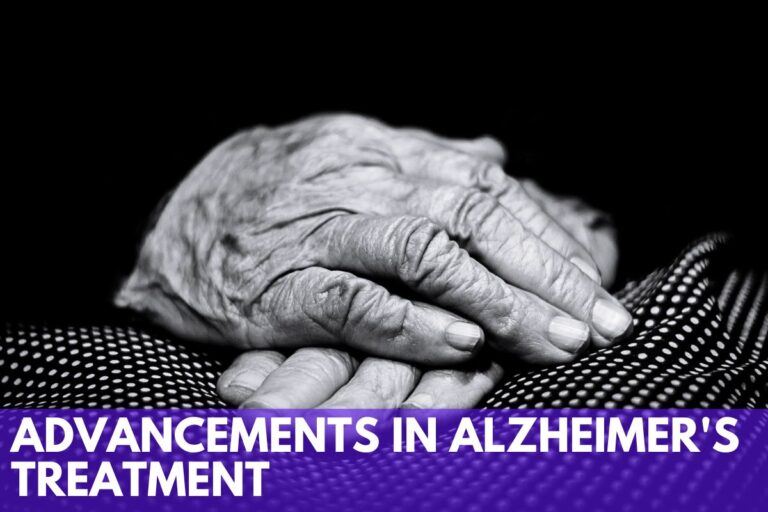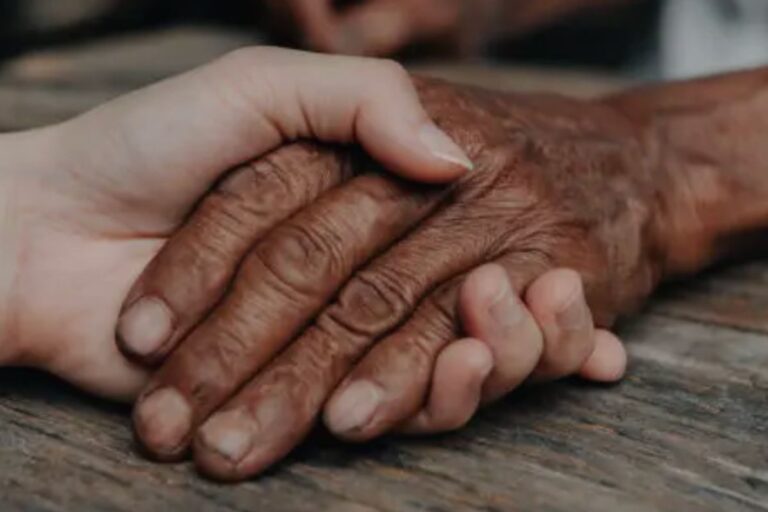No products in the cart.

Understanding Alzheimer’s Disease in African American Communities: Challenges and Pathways to Hope
Alzheimer’s disease is one of the most challenging and rapidly growing public health issues across the globe. It is a progressive brain disorder that slowly destroys memory, thinking skills, and the ability to carry out daily tasks. However, the impact of Alzheimer’s is not uniform across all racial and ethnic groups. In the United States, African American communities are disproportionately affected by the disease, both in terms of prevalence and its profound effects on families.
The Prevalence of Alzheimer’s in African Americans
Research shows that African Americans are about twice as likely to develop Alzheimer’s disease as their white counterparts. This significant disparity stems from a combination of factors, including genetic predisposition, socioeconomic status, access to healthcare, and the prevalence of other risk factors such as cardiovascular disease and diabetes. These conditions, often called “comorbidities,” increase the likelihood of developing Alzheimer’s later in life.
Understanding the Risk Factors
Several interconnected factors contribute to the higher incidence of Alzheimer’s in African Americans:
- Cardiovascular Health: High blood pressure, diabetes, and obesity are more common among African Americans, and these conditions increase the risk of cognitive decline and Alzheimer’s. Maintaining heart health through diet, exercise, and proper medical care can help reduce the risk.
- Genetics: There is growing evidence that certain genetic factors associated with Alzheimer’s might affect African Americans differently. While genetic testing can sometimes provide insight, it’s crucial to understand that lifestyle and environment also play significant roles in disease development.
- Socioeconomic Barriers: Access to quality healthcare, nutritious food, and educational opportunities can all influence brain health. African Americans, often facing economic disparities, may have less access to preventive care and early diagnosis for Alzheimer’s.
- Awareness and Diagnosis: Cultural stigmas around mental health, memory loss, and cognitive decline can delay diagnosis. By the time an African American individual is diagnosed with Alzheimer’s, the disease may have already progressed significantly, making treatment and intervention more difficult.
The Emotional and Financial Toll on African American Families
Alzheimer’s disease doesn’t just affect the individual—it affects entire families. African American caregivers often bear the emotional and financial burden of caring for loved ones with Alzheimer’s. Many caregivers lack access to adequate support systems, which can lead to heightened stress, depression, and financial strain. In African American households, where family members traditionally take on the role of caregivers, the emotional toll can be overwhelming.
In addition, African Americans are less likely to have long-term care insurance and may face challenges in accessing resources like assisted living or home health care. These economic disparities further exacerbate the burden on families dealing with Alzheimer’s.
Pathways to Hope: Steps for Change
While the challenges are immense, there are pathways to hope for African Americans dealing with Alzheimer’s:
- Education and Awareness: Increasing awareness within African American communities about the signs and symptoms of Alzheimer’s is crucial. Early diagnosis and intervention can lead to better outcomes. Community-based programs, churches, and advocacy groups can play a vital role in spreading information and reducing the stigma surrounding Alzheimer’s.
- Participation in Research: African Americans are underrepresented in Alzheimer’s research. More participation in clinical trials and studies is essential to better understand how the disease affects African Americans differently and to develop treatments tailored to this population.
- Access to Healthcare: Policies that improve access to healthcare, especially in underserved communities, are critical. This includes affordable preventive care, screening for cardiovascular risk factors, and making mental health services more accessible.
- Support Systems for Caregivers: Providing resources and support to caregivers—both emotional and financial—is essential. Organizations like the Alzheimer’s Association offer caregiver support groups, respite care services, and educational resources to help families navigate the challenges of the disease.
A Call for Community Action
The African American community has a rich history of resilience and unity. By coming together to raise awareness, advocate for better healthcare, and support one another, there is hope in the fight against Alzheimer’s disease. It is essential that we continue to encourage open conversations about Alzheimer’s and empower African American families with the knowledge and resources they need to address this growing crisis.
Alzheimer’s is not just a medical issue; it is a social and racial justice issue. By working together, we can ensure that all individuals, regardless of race or background, receive the care and support they need in the face of Alzheimer’s disease.
Final Thoughts
While African Americans face a higher risk of developing Alzheimer’s, the road ahead doesn’t have to be bleak. With increased awareness, better access to healthcare, and stronger support for caregivers, we can make significant strides in combating the disease. Together, we can help reduce the burden of Alzheimer’s in African American communities, offering hope for a healthier future.



